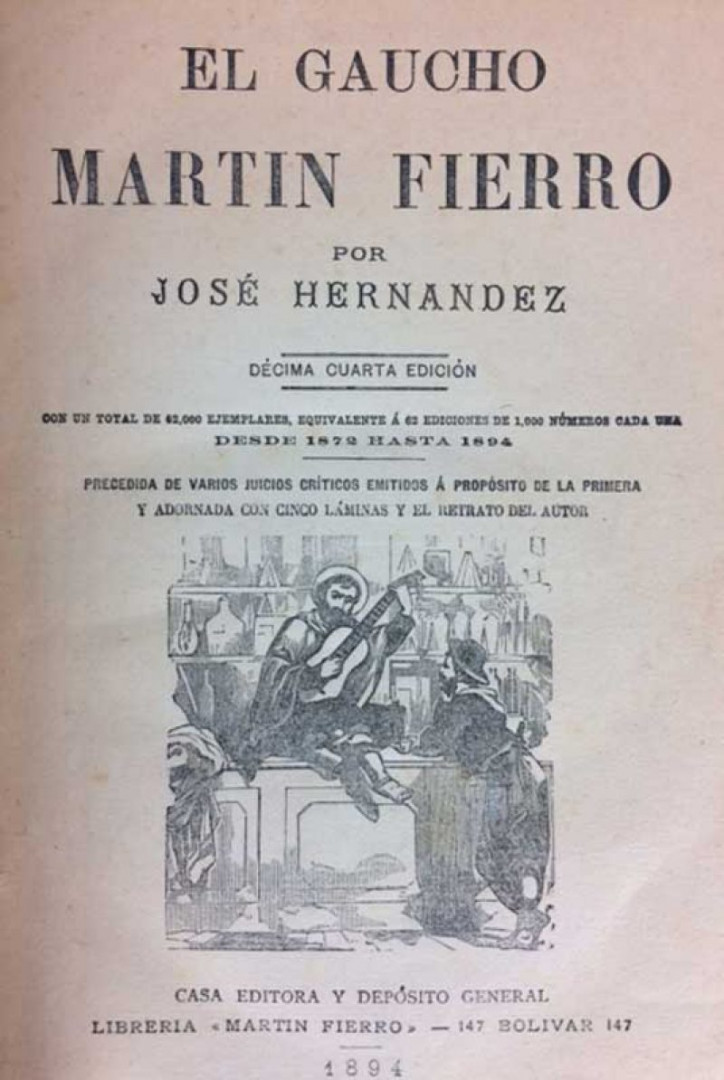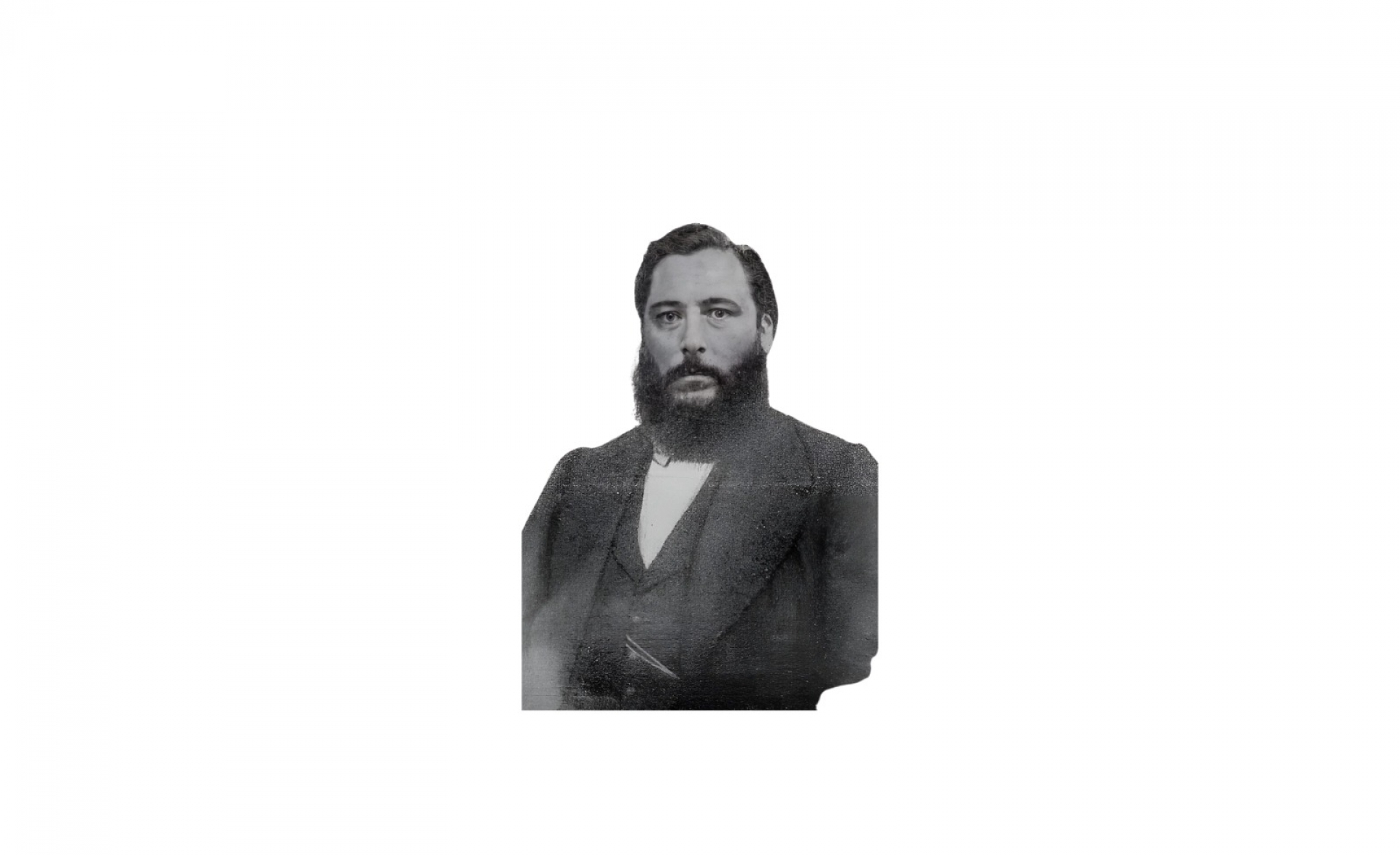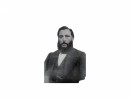Today, November 10, Tradition Day is celebrated in commemoration of the birth, in 1834, of José Hernández, Argentine poet and writer, widely recognized as the author of Martín Fierro, a masterpiece of Argentine literature and emblem of national identity. His epic poem about the life of the gaucho Martín Fierro not only captures the customs and values of the gauchos, but symbolizes the spirit of struggle and resistance in the face of adversity.
Published in two parts -El gaucho Martín Fierro (1872) and La vuelta de Martín Fierro (1879) - Martín Fierro has been translated into more than 70 languages and is considered one of the greatest contributions to Argentine literature. Through the story of Fierro, a working gaucho who is forced to enlist in the army and, after deserting, becomes a gaucho matrero - one who lived outside the law - Hernández constructed a profound critique of the social injustices of his time. The protagonist of this poem is the most popular and significant figure of the classic gaucho tradition of the last years of the 19th century.

190 years after Hernández's birth and more than 150 years after the publication of the first part of Martín Fierro, his work remains a pillar of national literature and his approach to gaucho culture is still central to events such as Tradition Day.
The celebration of Tradition Day was made official in 1975 by National Law No. 21,154, which establishes November 10 as a day to recognize the contribution of José Hernández and his work to Argentine culture and identity. On this date, schools all over the country join the celebration with activities and events that revive gaucho traditions: children dress up as gauchos and countrywomen, events are organized with folk music, and fragments of the Martin Fierro are recited, all with the aim of revaluing Argentina's cultural heritage.
Tradition Day is an invitation to reflect on and celebrate the history and customs of our country, promoting knowledge and appreciation of cultural symbols.

